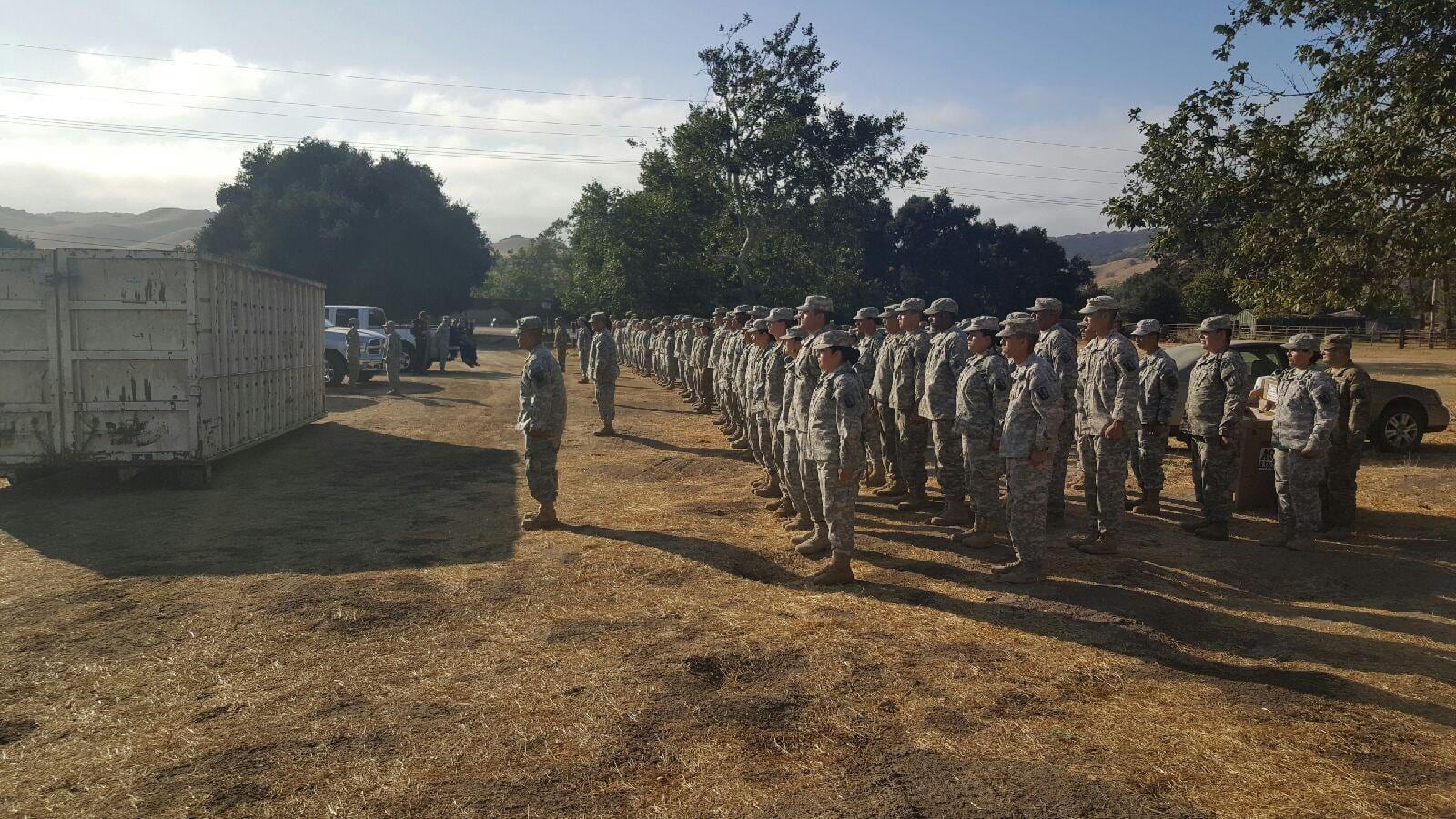The U.S. Defense Department’s system for getting back overpayments made to service members is muddled, inconsistent and puts personnel at risk of receiving inaccurate and incomplete information about what they owe, according to the Government Accountability Office.
The Pentagon sometimes overpays military members due to administrative errors in processing pay and allowances, or when calculating pay and leave. There are nearly 400 debt collection offices within the Pentagon and the individual services are responsible for recouping these overpayments.
Department of Defense officials agree that recent overpayment collection efforts “have placed undue burden on service members and their families, such as financial hardship, garnished wages, and damaged credit scores,” according to the federal watchdog’s recent report.
GAO found that key parts of the DOD regulations for recouping overpayments are “incomplete or unclear” and letters sent to debtors sometimes fail to include all the information necessary to help service members navigate what’s often a painful process.
For example, some debt notice letters reviewed by investigators never stated that the debtor has a right to inspect and copy records related to the debt, or that the service member could review and dispute the sum.
Other debt collection letters excluded any information that the amount owed would be garnished from a service member’s wages, or that they had the right to request a waiver of the debt, GAO found.
Policies and procedures at the Pentagon’s Defense Finance and Accounting Service, or DFAS, and the services “often were not current, complete, or clear,” GAO added.
“Unless the military services and DFAS fully incorporate the DOD Debt Collection Regulation into their respective policies and procedures, service members will likely continue to receive inaccurate and incomplete information about their debts and related rights and protections,” GAO auditors wrote.
RELATED

Debts owed to the government eventually can end up at collection agencies, imperiling the credit ratings of military families, according to the GAO.
Controversy over troop overpayments erupted in late 2016, when the Pentagon sought to recoup about $22 million in cash bonuses and other incentives paid to California Army National Guard soldiers from 2004 to 2010.
A Los Angeles Times investigation found that nearly 10,000 soldiers were caught up in the enlistment bonus imbroglio, where bonuses topping $10,000 were doled out.
Audits later uncovered widespread overpayments in the program, which was supposed to be limited to a select number of high-demand specialties.
The military ordered veterans who should have not qualified for the payments to return the money, with interest. The collection efforts even ensnared troops who served combat tours in Iraq or Afghanistan.
That sparked public outrage, leading DOD to waive the debt accrued by most Guardsmen, according to GAO.
In the wake of this GAO report, however, DOD concurred with the five reforms recommended by auditors and expects to enact all of them by this summer.
Geoff is the managing editor of Military Times, but he still loves writing stories. He covered Iraq and Afghanistan extensively and was a reporter at the Chicago Tribune. He welcomes any and all kinds of tips at geoffz@militarytimes.com.





